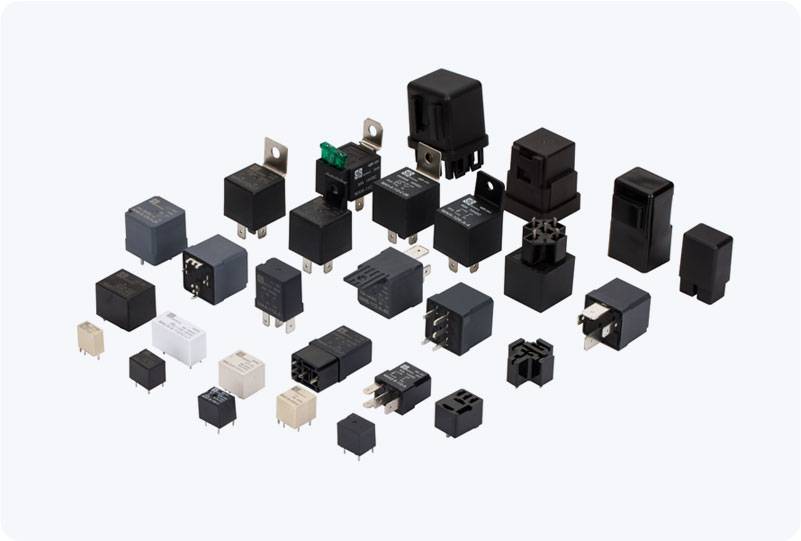understanding the industrial timer relay: a key component in automation systems
Release time:2025-10-17 09:11:58
Industrial Timer Relays (ITRs) are integral components in modern automation systems. These versatile devices play a critical role in controlling electrical loads by managing time-based operations. In industries ranging from manufacturing to energy, the use of timer relays helps improve efficiency, reduce energy consumption, and ensure that processes run smoothly. This article explores the function, applications, types, and benefits of Industrial Timer Relays.

What is an Industrial Timer Relay?
An Industrial Timer Relay is a combination of a timer and a relay in a single device. Its primary function is to control the opening and closing of circuits based on a pre-set time delay. These devices can be set to delay the activation or deactivation of electrical circuits, providing precise control over various processes. Unlike standard relays, which operate immediately upon receiving a signal, timer relays introduce a time delay, allowing for controlled start-ups, shut-downs, and cyclical operations.
The Functionality of Timer Relays
At the core of an Industrial Timer Relay is its ability to delay the operation of connected devices. The device operates by switching on or off after a specified delay, making it suitable for both one-time and repetitive tasks. For instance, when connected to a motor, a timer relay can delay the motor’s start-up to avoid sudden electrical spikes, or it can ensure that a machine shuts off after a certain period of operation.

